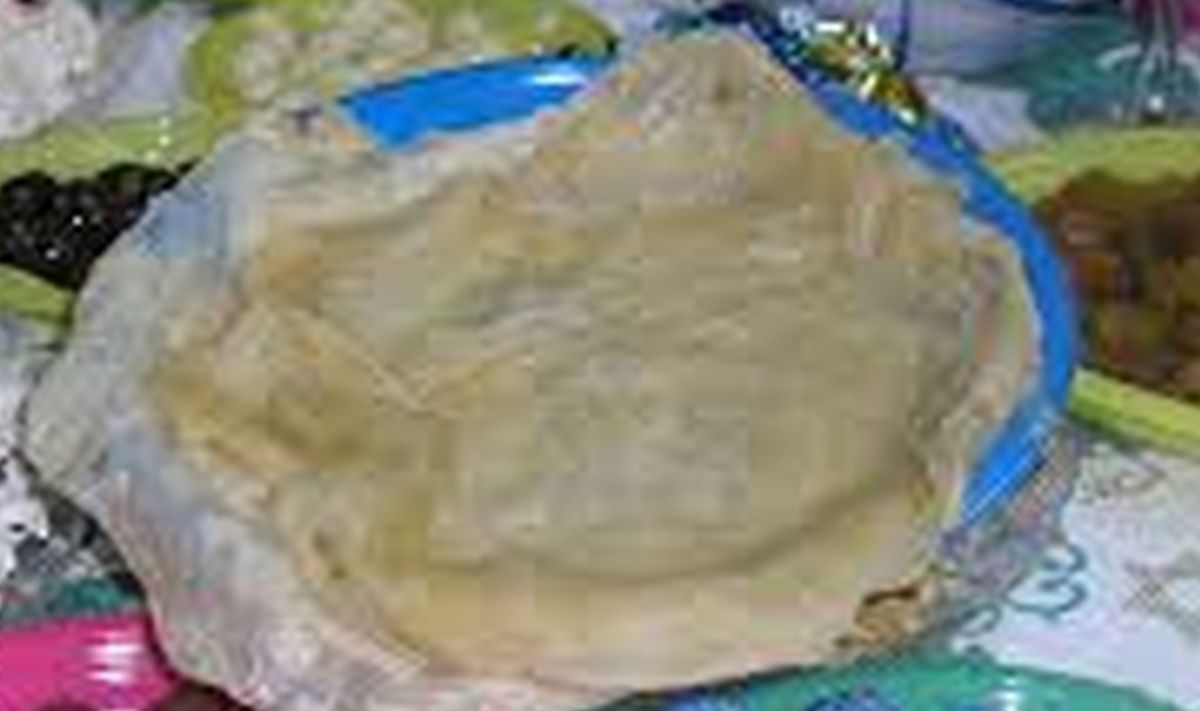 Jerusalem, April 23 – The end of a post-Passover holiday celebrating North African Jewish culture in Israel means that Jews of northern and eastern European ancestry can go back to openly disdaining Jews of the Orient.
Jerusalem, April 23 – The end of a post-Passover holiday celebrating North African Jewish culture in Israel means that Jews of northern and eastern European ancestry can go back to openly disdaining Jews of the Orient.
Mimuna, a springtime festival immediately following the Jewish festival of redemption from Egyptian servitude, was brought to Israel by immigrants from Morocco in the early years of statehood. Since then it has become an annual rite of tribute to Sephardic and Mizrahi Jewish culture in general, in contrast to the overt or subtle racism that pervades Israeli popular culture, economics, and politics.
Some estimates put the number of Israelis who participate in Mimuna festivities at two million, many of them with not a drop of Mizrahi blood in them. They partake of the sweets, the music, and the mufleta, a fried bread that, like the music and people, they pretend to like until they can go home and badmouth.
Mimuna traditionally begins in the evening, immediately after Passover ends, as leavened flour products become permitted again after the week-long ban on them expires. In the festival’s original form, households are open to drop-in guests, though in Israeli society at large it has transformed into a less formally structured reason for a good party. Those parties still feature Mizrahi food, especially North African cuisine and of course the mufleta, which visiting politicians and dignitaries will eat and declaim how delicious it is, all the while thinking how debased they feel at having to pander to these…these Arabs.
Homes in the North Tel Aviv area and nearby suburbs experienced a drop in water pressure Tuesday night as tens of thousands of the largely Ashkenazi residents rushed to shower after spending significant periods of time in the presence of multiple Sephardim and treating them as equals.
Israelis now have just under two weeks until the next national occasion for ambivalence, the anniversary of the declaration of statehood.




